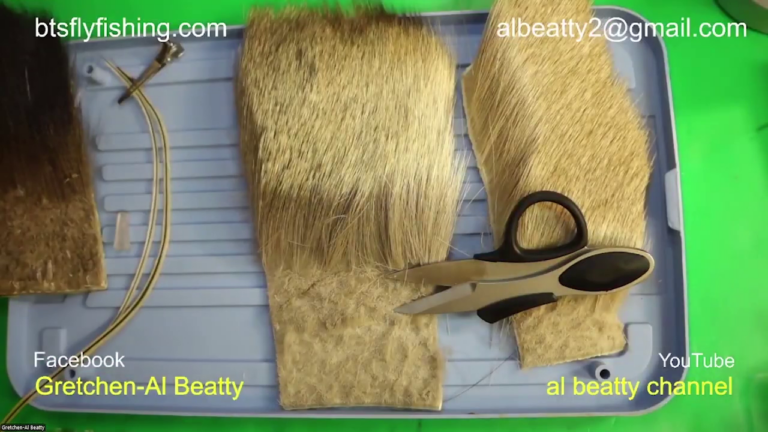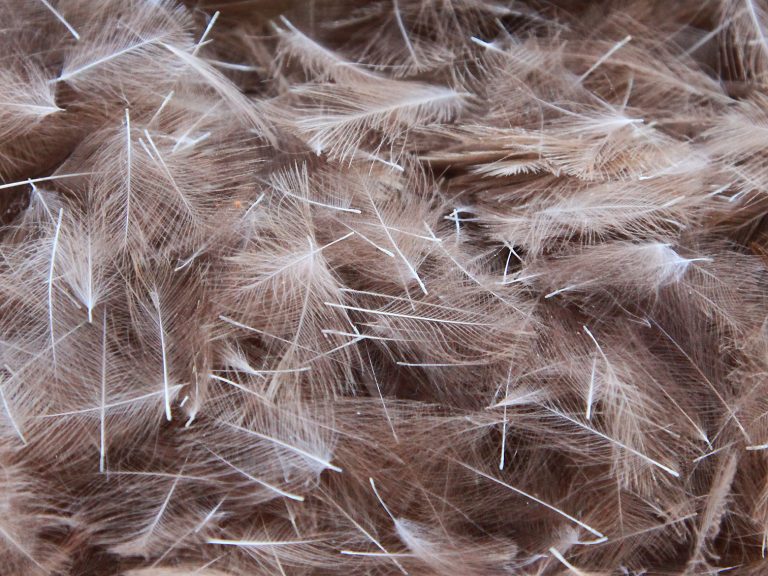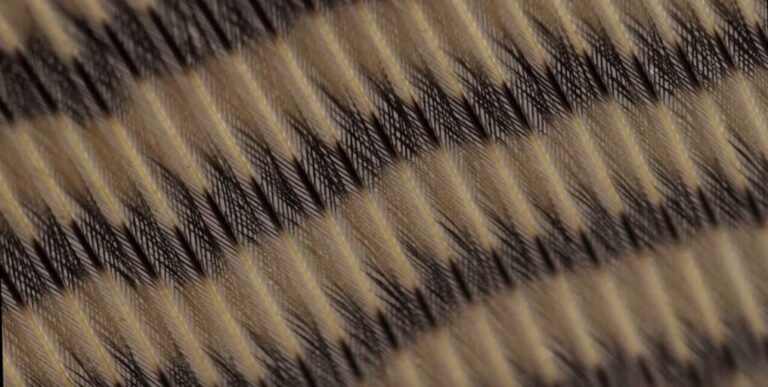
In Mike Kelly’s Fly Tying Basics we learn about the anatomy of a hook, exploring its various parts and understanding the differences between types of hooks suitable for different fly patterns. They delve into the diverse world of fly patterns, from dry flies to wet flies, gaining insight into their distinct purposes and tying techniques.
We look at the intricacies of dry flies, mastering proper proportions and learning about essential components such as hackle, while also gaining an understanding of common aquatic insects and their life cycles, including mayflies, midges, and caddis flies.
Mike Kelly is a dedicated leader within Project Healing Waters, Omaha branch, known for his passion in supporting veterans’ rehabilitation through fly fishing. As a key figure in the organisation, he works tirelessly to coordinate programs and provide mentorship, empowering participants to find healing and connection through nature and angling.
Parts of a Hook
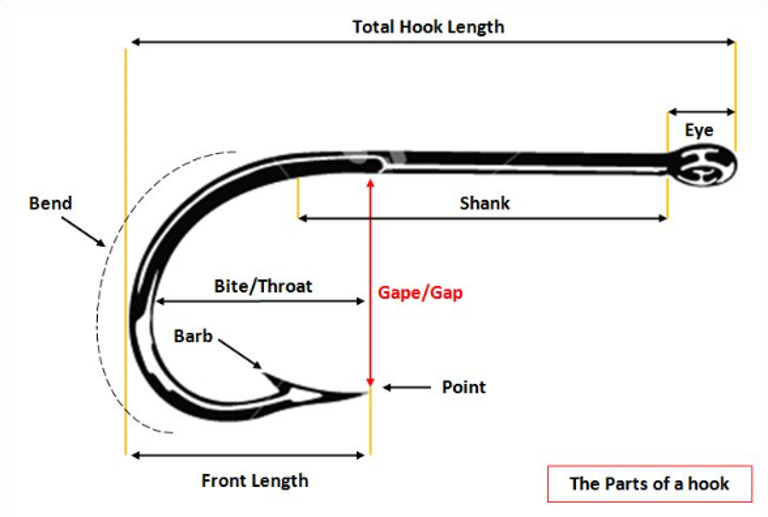
Types of Hooks


Types of Flies
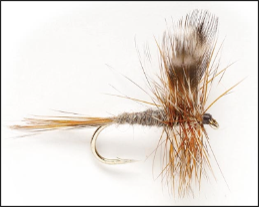
Dry Flies – Flies that float to represent adult insects riding on the surface.
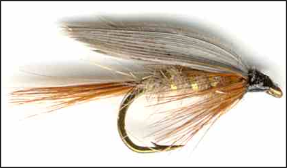
Wet Flies – Sinking flies that represent adult insects swept under the surface.
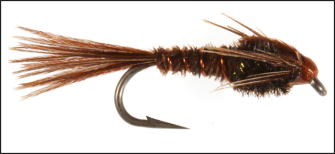
Nymphs – Sinking flies that represent juvenile life stages of aquatic insects.

Streamers – Sinking flies that represent baitfish, crayfish, shrimp, or leeches.
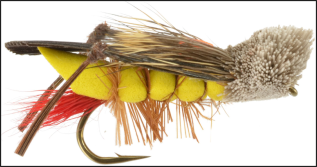
Terrestrials – Flies that represent ground insects that are swept into the water.
Dry Fly / Wet Fly Comparison
| Component | Dry Fly | Wet Fly |
|---|---|---|
| Hook | Light wire | Heavy wire |
| Hackle | Stiff, fine, perpendicular | Soft, webby |
| Thread | Light as possible, small head | May use heavy thread, larger thread |
| Tail | Stiff, sparse | Soft, thicker, swept back |
| Body Material | Water resistant, tight, foam | Soft, buggy, absorbent |
| Wings | Upright | Swept |
Proper Dry Fly Proportions

Hackle Comparison


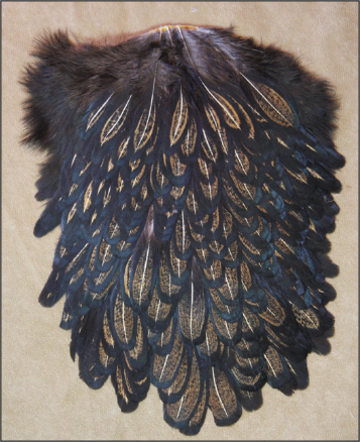



Common Aquatic Insects

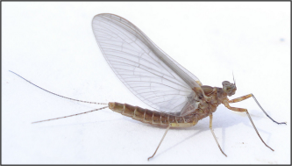


Mayfly Life Cycle
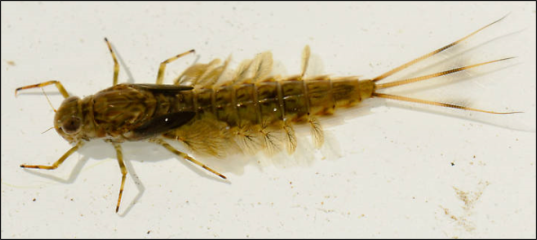


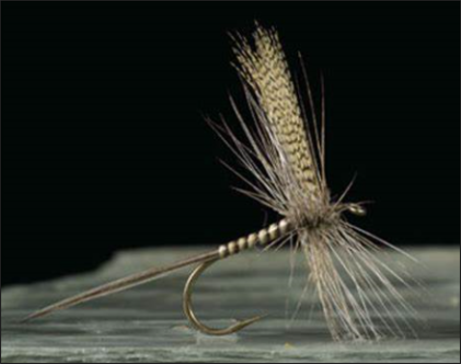


Caddis Life Cycle
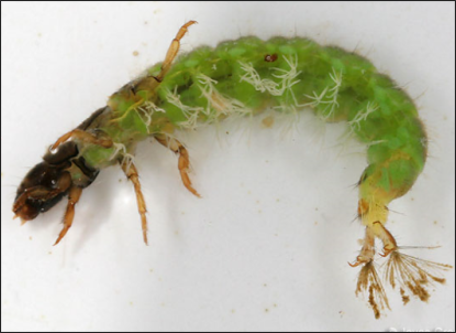
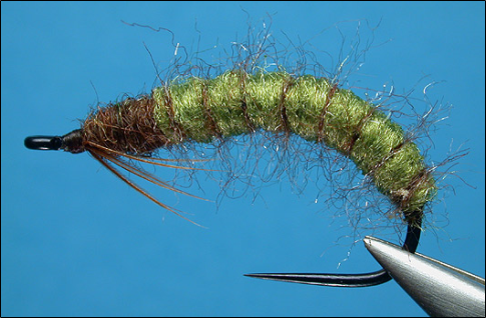



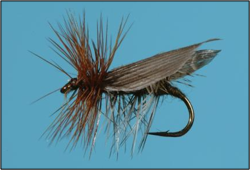
Midge Life Cycle






Project Healing Waters is a nonprofit organisation dedicated to the rehabilitation of disabled veterans and active military personnel through fly fishing and associated activities. By providing opportunities for therapeutic recreation and camaraderie, it aims to improve the physical and emotional well-being of return service personnel.


